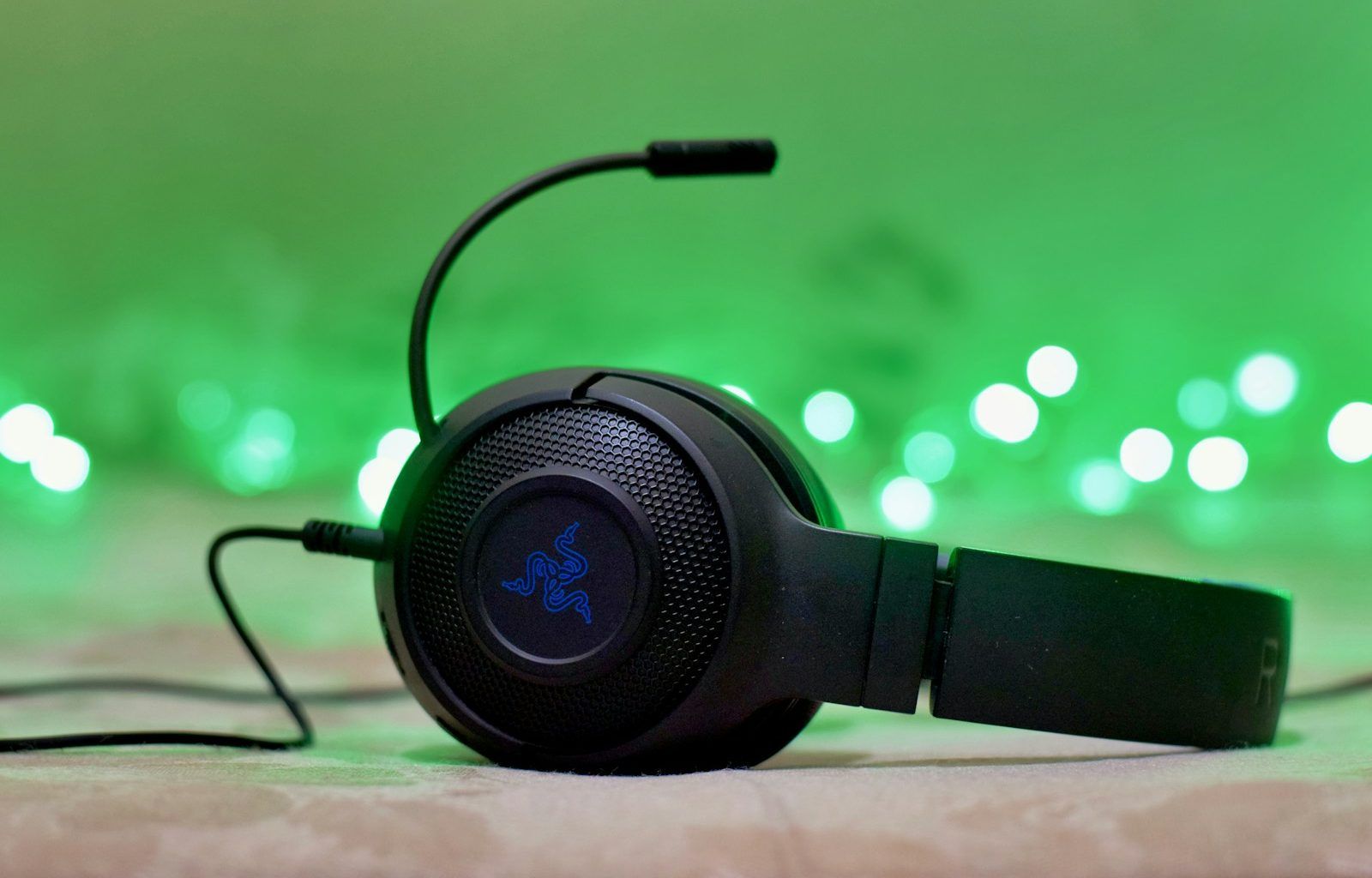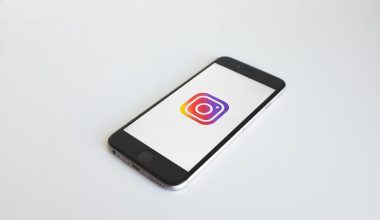Monetizing your song on all streaming platforms is one of the smartest moves for any artist looking to turn their passion into a sustainable income. Whether you’re an independent musician or part of a band, making your music available on platforms like Spotify, Apple Music, Amazon Music, and others can open doors to global audiences and consistent revenue streams. In this blog, we’ll guide you through the entire process of how you can monetize your song on all streaming platforms and earn money effortlessly. Let’s dive in and explore the opportunities waiting for you!
What Does It Mean to Monetize Your Song?
Monetizing your song means making your music available in a way that generates income whenever someone listens, downloads, or interacts with it. Streaming platforms have become the go-to method for music consumption, and they pay artists based on streams. The more people listen to your music, the more money you earn. Sounds exciting, right? But to make the most of it, you need to understand the steps involved.
Why Should You Monetize Your Music?
If you’re serious about your music career, monetization is a no-brainer. Here are some reasons why:
- Passive Income: Once your song is live on platforms, it can keep generating income without any extra effort.
- Global Reach: Streaming platforms connect you with millions of listeners worldwide.
- Career Growth: Monetizing your music adds credibility to your profile as an artist.
- Opportunities for Collaboration: Popular tracks attract opportunities for brand deals, partnerships, and gigs.
Understanding the benefits is the first step, but how do you actually get started? Let’s discuss that.
How to Monetize Your Song on All Streaming Platforms
Step 1: Register Your Music for Distribution
The first step is to work with a music distributor. These services help upload your music to all major streaming platforms. Popular options include:
- Deliver My Tune
- TuneCore
- CD Baby
- Ditto Music
Choose a distributor that fits your budget and provides the tools you need to monitor earnings.
Step 2: Get an ISRC Code
An ISRC (International Standard Recording Code) is essential for tracking and monetizing your song. Most distributors provide ISRCs, or you can register your own through organizations like your local music rights agency.
Step 3: Understand Royalty Streams
When you monetize your song, your earnings come from different types of royalties, including:
- Performance Royalties: Earned whenever your song is played in public or on radio.
- Mechanical Royalties: Generated from digital downloads and streaming.
- Synchronization Royalties: Earned when your music is used in video content.
Step 4: Join a Performing Rights Organization (PRO)
Sign up with a PRO like ASCAP, BMI, or PRS to collect royalties from public performances. These organizations ensure you get paid when your music is played in restaurants, at events, or on radio stations.
Platforms like YouTube, Instagram, and TikTok also pay for music usage. Use tools like YouTube Content ID to claim earnings from your music in user-generated content.
How to Optimize Your Music for Higher Earnings
Focus on High-Quality Production
Listeners are more likely to engage with professionally recorded and mixed tracks. Investing in production quality can increase your chances of being added to playlists and getting more streams.
Leverage Metadata
When uploading your song, ensure your metadata (song title, artist name, genre, etc.) is accurate. This helps platforms recommend your music to the right audience.
Pitch Your Song to Curators
Playlists are a huge driver of streams. Submit your music to playlist curators on platforms like Spotify and Apple Music to get featured and grow your audience.
Promote Your Song Effectively
Use social media, email marketing, and collaborations to spread the word about your song. The more visibility you create, the more streams you’ll get.
Platforms to Monetize Your Song
Spotify
Spotify pays per stream, and while rates may vary, the platform’s massive user base makes it essential for monetization.
Apple Music
Apple Music offers higher payouts compared to many other streaming services, making it a great platform for artists.
Amazon Music
With its growing audience, Amazon Music provides another lucrative option for reaching listeners.
YouTube Music
YouTube Music not only pays for streams but also integrates with video content, offering multiple monetization opportunities.
Other Platforms
Don’t forget about Deezer, Tidal, and regional platforms like Gaana or JioSaavn. They can significantly boost your earnings in specific markets.
Common Challenges in Monetizing Your Song
- Low Stream Counts: Building an audience takes time. Consistent promotion and quality content are key.
- Understanding Royalties: It’s easy to feel overwhelmed by the royalty system. Work with professionals if needed.
- Staying Competitive: The music market is saturated, but uniqueness and persistence pay off.
Tips to Maximize Your Earnings
- Release music consistently to stay relevant.
- Engage with your fans regularly on social media.
- Offer exclusive content like merch bundles or early song access.
- Track your performance using analytics tools provided by distributors and platforms.
Conclusion
Monetizing your song on all streaming platforms is a rewarding journey that combines creativity with smart strategies. By taking the right steps, you can reach a global audience, generate steady income, and grow as an artist. Whether it’s registering your music, understanding royalties, or promoting effectively, each step brings you closer to turning your passion into a thriving career. So, start today, monetize your song on all streaming platforms, and earn money while sharing your art with the world!
For further reading, explore these related articles:
- How to Find a Music Manager Who Can Take Your Career to the Next Level
- Is SubmitHub Legit? Exploring the Truth Behind the Platform
- Discovering the Cheapest Music Service: Your Guide to Affordable Listening
For additional resources on music marketing and distribution, visit DMT Records Private Limited.






